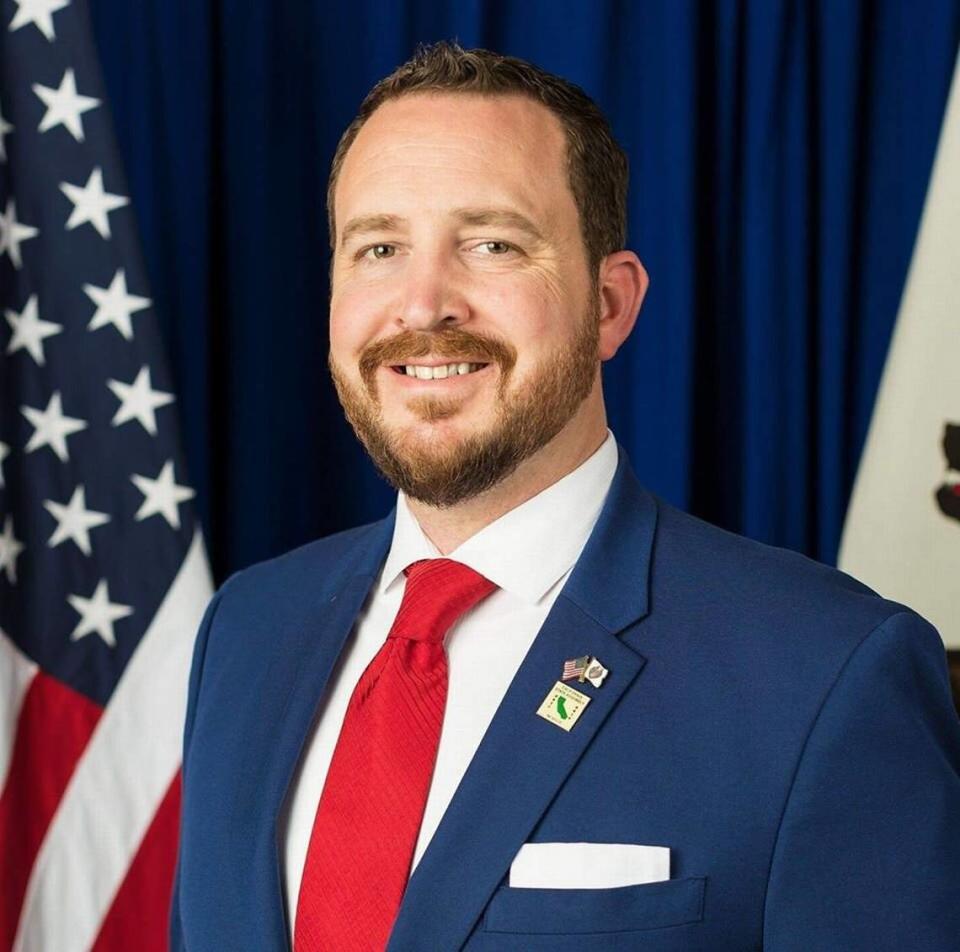Republican lawmaker: Newsom pushed too fast to make California go all EV cars | Opinion
- Oops!Something went wrong.Please try again later.
- Oops!Something went wrong.Please try again later.
In September 2020, Gov. Gavin Newsom issued a decree that by 2035, the state would end the sale of new gas-powered vehicles in favor of zero-emission ones. This headline grabbing announcement, symbolic of California’s extreme environmental stance, propels the state’s middle and working class residents in an uncertain future.
Why the uncertainty? The mandate was issued without a road map, costs estimates or what would happen if the infrastructure or technology wasn’t available to reach such a future, leaving constituents to question the feasibility of this aspirational goal.
The costs associated with transitioning to an all-electric vehicle future is unclear, but experts suggest they will be substantial. Developing sufficient charging infrastructure, upgrading power grids to handle increased demand, and subsidizing EV purchases to ensure affordability are just the tip of the iceberg.
For middle and working-class Californians, already burdened by the state’s high cost of living, the prospect of such a transition raises concerns about economic impact and equity in access to clean transportation.
Moreover, the technological and infrastructure support required for this ambitious goal is currently inadequate. The market for electric vehicles is tethered to the availability and affordability of critical components, such as lithium batteries, which are dependent on minerals like graphite. As Dr. Jay Turner from Wellesley College articulates in The New York Times, the dominance of China over the global supply of minerals needed presents a geopolitical problem. China announced establishing export controls for these vital minerals, putting the vulnerability of the United States and California’s clean energy ambitions in jeopardy of delays and additional costs.
Opinion
“The consulting group Benchmark Mineral Intelligence estimated that China controlled 58 percent of the global production of lithium compounds in 2022, 69 percent of nickel sulfate, 69 percent of synthetic graphite, 75 percent of cobalt, 95 percent of manganese and 100 percent of spherical graphite. China plays a similarly outsize role in the supply of materials used in solar panels and wind turbines.”
The governor’s EV mandate seems more like an environmentalist’s dream rather than a structured policy initiative. Aspirational goals without foundational planning risk morphing into expensive, unattainable targets that could set the state back, rather than propel it forward. As the global EV supply chain grapples with the dominance of Chinese influence over critical minerals, California’s decree appears less like leadership and more like dependence.
In the shadow of Gov. Newsom’s decree, a clear reality looms: California and the United States may become bystanders in the global energy shift, tethered to the whims of foreign powers. The solution isn’t merely ambitious decrees, but a concerted effort to build robust, self-sufficient supply chains that support our clean energy future.
Californians deserve to know the truth. Newsom’s goal of a zero-emission future by 2035 demands a comprehensive, transparent strategy that encompasses economic, technological, and geopolitical dimensions. Without this, Californians may find themselves at the mercy of external forces, their vehicles powered not just by electricity but by the complexities of international politics and unaccounted costs.
Republican Rep. Devon Mathis represents the 33rd Assembly District, which covers Kings County, western Tulare County and parts of southeast Fresno County.


